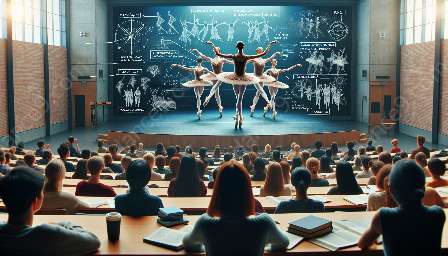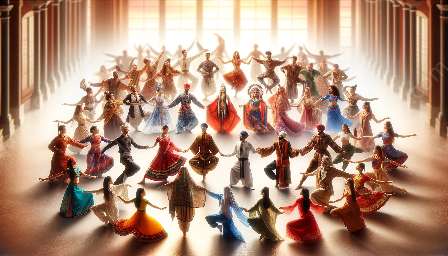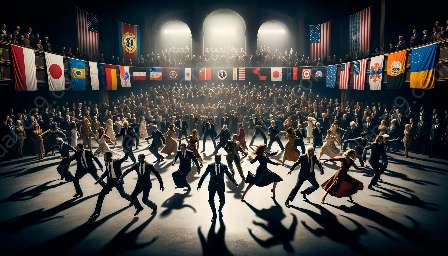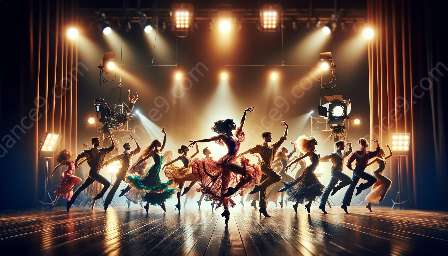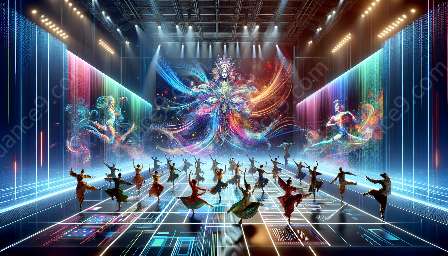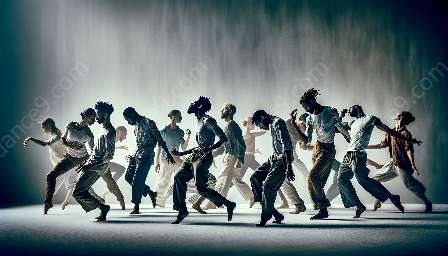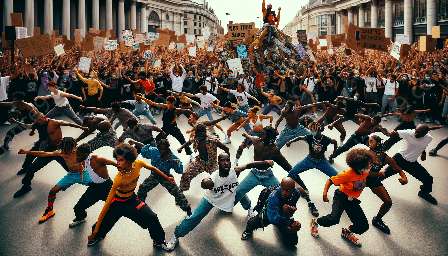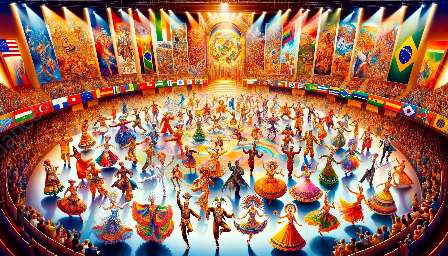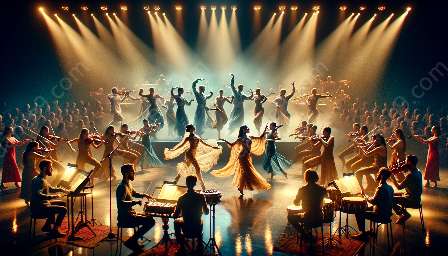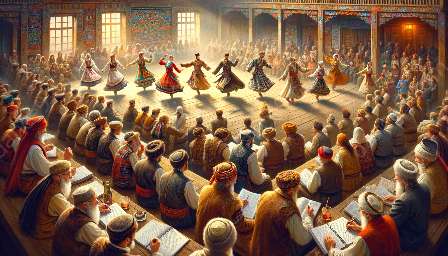Engaging with cultural dance forms at the university presents a rich and diverse opportunity for students and faculty to explore the intersections of dance theory, criticism, and ethical considerations. It is crucial to approach the study and practice of cultural dance forms with sensitivity, respect, and awareness of the social, historical, and political implications. This topic cluster aims to delve into the ethical considerations of engaging with cultural dance forms at the university and its compatibility with dance theory and criticism.
The Significance of Cultural Dance Forms
Cultural dance forms are an integral part of the social, cultural, and artistic fabric of societies around the world. These art forms reflect the traditions, beliefs, and historical narratives of various communities and are often used as a means of cultural expression, storytelling, and preservation. At the university, the study of cultural dance forms provides students with a deeper understanding of different cultures, fostering empathy, respect, and cross-cultural communication.
Ethical Challenges in Engaging with Cultural Dance Forms
Engaging with cultural dance forms raises ethical challenges that require careful consideration. Appropriation, misrepresentation, and commodification are some of the ethical issues that can arise when engaging with cultural dance forms. It is essential for students and scholars to critically examine the power dynamics, colonial legacies, and the impact of globalization on these dance traditions.
Sensitivity and Respect
When engaging with cultural dance forms, it is imperative to approach the practice and study with sensitivity and respect. This involves acknowledging the significance of the dance within its cultural context, seeking permission and guidance from communities, and amplifying the voices and perspectives of the practitioners. Through this approach, students can cultivate a deeper understanding of the cultural nuances and meanings embedded in the dance forms.
Intersection with Dance Theory and Criticism
Studying cultural dance forms at the university intersects with dance theory and criticism, offering a multidisciplinary perspective. By examining the historical, social, and political contexts of cultural dance forms, students can gain insights into the choreographic, performative, and aesthetic dimensions of these art forms. Additionally, critical analysis and interpretation of cultural dance forms contribute to the development of dance theory and criticism, enriching the discourse within the field.
Embracing Diversity and Inclusivity
Engaging with cultural dance forms at the university facilitates the celebration of diversity and promotes inclusivity within the dance community. By learning about and participating in various cultural dance forms, students can broaden their artistic repertoire, develop global perspectives, and cultivate a greater appreciation for the richness of human movement traditions.
Conclusion
As the university continues to be a dynamic space for the exploration of dance theory, criticism, and diverse cultural expressions, the ethical considerations in engaging with cultural dance forms are of paramount importance. By establishing an ethical framework that prioritizes sensitivity, respect, and inclusivity, the university can be a catalyst for meaningful and ethical engagement with cultural dance forms, contributing to the enrichment of dance scholarship and practice.

